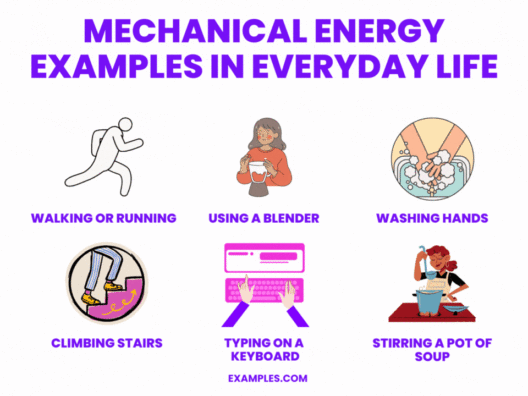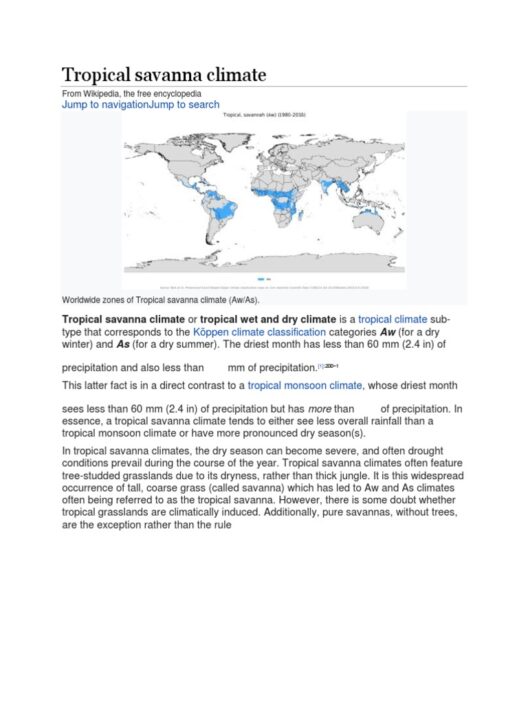As society accelerates towards ever-busier lifestyles, the imperative to conserve energy becomes increasingly significant—not only for the sake of individual financial savings but also for the collective health of our planet. This exploration into energy conservation, especially during long, demanding days, sheds light on practical strategies that can be implemented seamlessly into daily routines. By managing energy consumption, individuals can alleviate some of the environmental stresses exacerbated by modern living.
Energy conservation does not necessitate a complete upheaval of daily life; rather, it invites an integration of simple yet effective practices across various facets of one’s existence. The following sections will elaborate on diverse approaches to mitigate energy usage collectively.
1. Smart Scheduling: Managing Time Wisely
One of the foundational steps in conserving energy is through smart scheduling. This entails organizing daily tasks in a manner that minimizes electrical usage during peak hours. By consolidating chores that require similar energy resources, such as laundry or cooking, individuals can optimize energy efficiency. For instance, running the dishwasher or washing machine during off-peak hours can significantly lower energy bills and strain on the grid.
Additionally, batching errands helps in reducing transport-related energy consumption. Instead of making multiple trips throughout the week, consider planning a single outing to address all necessary tasks. This not only saves fuel but also time, creating an efficient cycle of productivity.
2. Energy-Efficient Appliances and Tools
Investing in energy-efficient appliances is crucial for long-term energy conservation. Look for devices that bear the ENERGY STAR label, indicating superior energy performance. Such appliances, from refrigerators to washing machines, utilize significantly less power without compromising functionality.
Supplementary tools such as smart plugs and programmable thermostats can further optimize energy consumption. These devices allow users to schedule on-and-off cycles for appliances and control heating and cooling systems based on occupancy, thus conserving energy when rooms are unoccupied.
3. Embracing Simple Behavioral Changes
Behavioral changes can yield considerable energy savings without the need for significant investments. Implementing the habit of turning off lights in unoccupied rooms is perhaps one of the simplest yet most effective strategies. Likewise, adopting a mindset that prioritizes natural light during the day can minimize dependence on artificial illumination.
Moreover, unplugging electronics that are not in use plays a critical role. Many devices consume energy in standby mode, a phenomenon known as phantom load. Smart power strips can help combat this by allowing multiple devices to be powered down at once.
4. Enhancing Home Insulation
A well-insulated home is vital for regulating temperature, thereby reducing the demand on heating and cooling systems. Examining door and window seals for leaks or drafts is an important task. A simple weather strip installation can prevent air from escaping, ensuring that conditioned air remains within living spaces.
Furthermore, window treatments, such as thermal curtains or shades, can enhance energy efficiency by minimizing heat loss during cold months and reducing heat gain during the summer. The integration of passive solar design elements can also harness the sun’s natural energy, further diminishing reliance on artificial heating.
5. Self-Care for Energy Management
It is essential to acknowledge that conserving personal energy is equally as important as conserving electrical energy. Long, arduous days can lead to burnout if not balanced properly. Techniques such as taking short breaks, practicing mindfulness, or engaging in brief physical activity can replenish mental and physical stamina, ultimately enhancing productivity.
The impact of a healthy diet cannot be underestimated; nutrient-rich foods can sustain energy levels, enabling individuals to navigate busy schedules without excessive reliance on stimulants like caffeine or sugar. Staying hydrated is equally crucial, as dehydration can lead to fatigue and decreased efficiency.
6. Sustainable Transportation Options
Transportation is a significant contributor to household energy consumption. When feasible, consider alternative modes of transport. Walking or cycling not only conserves energy but also contributes positively to physical health. For longer distances, carpooling or utilizing public transportation can markedly reduce the carbon footprint associated with individual commuting.
For those whose lives necessitate personal vehicles, regular maintenance ensures optimal fuel efficiency, thus conserving energy. Simple practices such as maintaining proper tire pressure and regular oil changes can significantly improve a vehicle’s energy performance.
7. Renewable Energy Considerations
Exploring the integration of renewable energy sources into daily routines can also serve as a catalyst for conservation efforts. Whether through solar panels or wind energy, utilizing renewable resources diminishes reliance on fossil fuels. Homeowners might consider investing in small-scale solar systems, which can reduce electricity bills significantly over time.
Furthermore, engaging in community initiatives that promote renewable energy projects enhances collective sustainability efforts, nurturing a broader commitment to energy conservation.
8. Educational Endeavors and Community Involvement
An informed individual is often an empowered one. Participation in workshops, seminars, or local sustainability initiatives augments knowledge and practical skills pertinent to energy conservation. Opportunities for collaboration within the community can foster a collective ethos of responsibility and stewardship towards energy use.
Sharing successful practices with peers not only encourages a culture of sustainability but can also generate support systems for ongoing conservation efforts. Involvement in local environmental advocacy groups amplifies voices in favor of policies that promote energy efficiency on a broader scale.
In summary, conserving energy during long and busy days can be accomplished through a multi-faceted approach encompassing effective time management, sustainable behaviors, and informed decisions regarding energy use. By implementing these strategies, individuals can navigate their demanding lives while making significant contributions towards a healthier planet.







